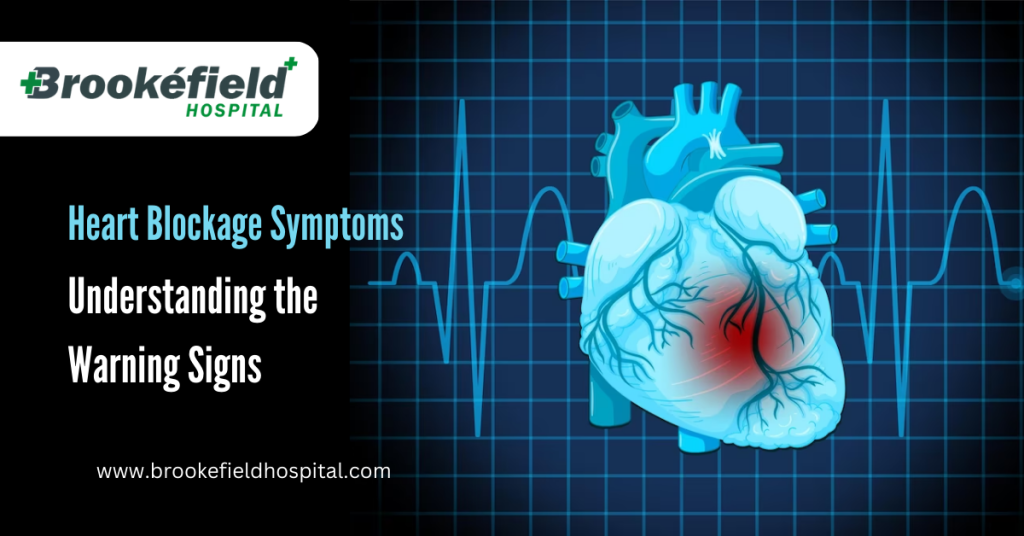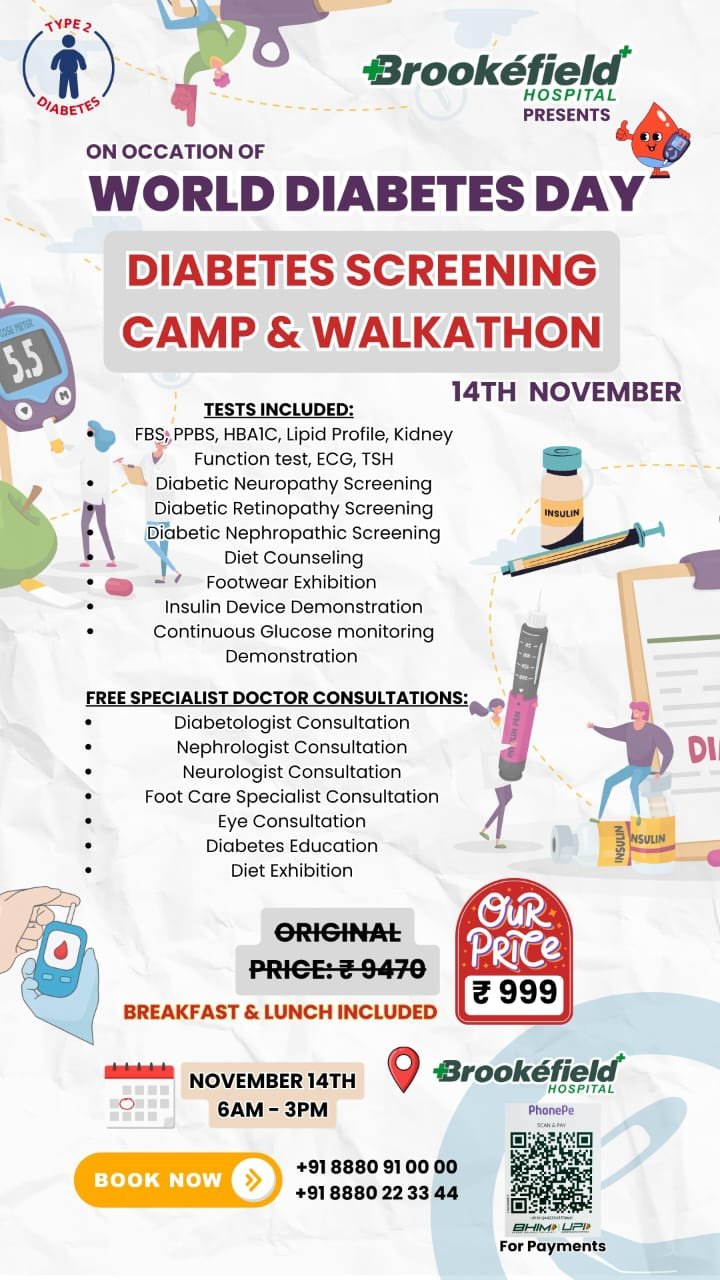Heart Blockage Symptoms: Heart blockage, also known as coronary artery disease, is a serious medical condition that affects millions of people worldwide. It occurs when the arteries that supply blood to the heart become narrowed or blocked, reducing blood flow to the heart muscle. If left untreated, heart blockage can lead to a heart attack, stroke, or even death. In this article, we’ll explore the symptoms of heart blockage and discuss how to recognize them.
Understanding Heart Blockage
Before we delve into the symptoms of heart blockage, it’s important to understand what causes it. Coronary artery disease occurs when plaque buildup narrows or blocks the arteries that supply blood to the heart. This buildup can be caused by a variety of factors, including:
- High cholesterol
- High blood pressure
- Smoking
- Diabetes
- Family history of heart disease
When the arteries become blocked, the heart muscle is deprived of oxygen and nutrients, which can lead to chest pain, shortness of breath, and other symptoms.
Recognizing Heart Blockage Symptoms
The symptoms of heart blockage can vary from person to person, and some people may not experience any symptoms at all. However, there are several warning signs to watch out for, including:
-
Chest Pain
Chest pain is one of the most common symptoms of heart blockage. It may feel like a squeezing or pressure in the chest, and it can last for several minutes or come and go. The pain may also radiate to the arms, neck, jaw, back, or stomach.
-
Shortness of Breath
Shortness of breath is another common symptom of heart blockage. It may occur during physical activity or at rest and may be accompanied by a feeling of tightness or pressure in the chest.
-
Fatigue
Fatigue or weakness can be a symptom of heart blockage, especially if it’s persistent and doesn’t improve with rest. This may be due to a reduced supply of oxygen and nutrients to the heart muscle.
-
Dizziness or lightheadedness
Dizziness or lightheadedness may be a symptom of heart blockage, especially if it occurs suddenly or is accompanied by other symptoms such as chest pain or shortness of breath.
-
Nausea or vomiting
Nausea or vomiting may be a symptom of heart blockage, especially in women. These symptoms may occur during physical activity or at rest and may be accompanied by other symptoms such as chest pain or shortness of breath.
When to Seek Medical Attention
If you experience any of the Heart Blockage Symptoms listed above, it’s important to seek medical attention right away. Heart blockage can be a life-threatening condition, and early treatment is key to preventing complications.
If you’re at high risk for heart disease, it’s important to talk to your doctor about screening tests and lifestyle changes you can make to reduce your risk. This may include changes to your diet, exercise habits, and medication regimen.
Choose Brookefield Hospital – Best Cardiology Hospital in Bangalore
Brookefield Hospital is a renowned hospital in Bangalore, India, and is known for its state-of-the-art facilities and highly skilled medical professionals. If you are seeking treatment for heart blockages, here are some reasons why you should consider Brookefield Hospital:
Experienced Cardiologists: Brookefield Hospital has a team of highly experienced and skilled cardiologists who specialize in treating heart blockages. They use the latest technology and techniques to ensure that you receive the best possible care.
Advanced Technology: The hospital is equipped with advanced technology and state-of-the-art facilities that aid in the diagnosis and treatment of heart blockages. They have a well-equipped cardiac catheterization laboratory, which helps in performing complex procedures with ease.
Comprehensive Care: The hospital offers comprehensive care for patients with heart blockages, including medication management, lifestyle changes, and surgical interventions, if necessary. The doctors work closely with the patients to create personalized treatment plans based on their individual needs.
Patient-Centric Approach: The hospital’s patient-centric approach ensures that the patient’s comfort and well-being are given utmost importance. The doctors and staff at Brookefield Hospital are dedicated to providing compassionate care and support to their patients throughout their treatment journey.
Overall, if you are looking for a cardiology hospital in Bangalore that provides comprehensive and high-quality care for heart blockages, Brookefield Hospital is an excellent choice.
Conclusion: Heart Blockage Symptoms
Heart blockage is a serious medical condition that affects millions of people worldwide. The symptoms of heart blockage can vary from person to person, but it’s important to recognize the warning signs and seek medical attention right away. If you’re at high risk for heart disease, talk to your doctor about ways to reduce your risk and maintain a healthy heart.
FAQs: Heart Blockage Symptoms
1. Can heart blockage be cured?
Heart blockage cannot be cured, but it can be managed with lifestyle changes, medication, and medical procedures such as angioplasty or bypass surgery.
2. Who is at risk for heart blockage?
People with a family history of heart disease, high blood pressure, high cholesterol, or diabetes are at higher risk for heart blockage.
3. Can heart blockage cause a heart attack?
Yes, heart blockage can cause a heart attack if the blood supply to the heart muscle is completely blocked. This can cause permanent damage to the heart muscle and may be life-threatening.
4. How is heart blockage diagnosed?
Heart blockage can be diagnosed through a variety of tests, including electrocardiogram (ECG), stress tests, angiography, and computed tomography (CT) scans.
5. Can heart blockage be prevented?
Yes, heart blockage can be prevented through lifestyle changes such as eating a healthy diet, exercising regularly, quitting smoking, and managing conditions such as high blood pressure, high cholesterol, and diabetes.
Also Read:




